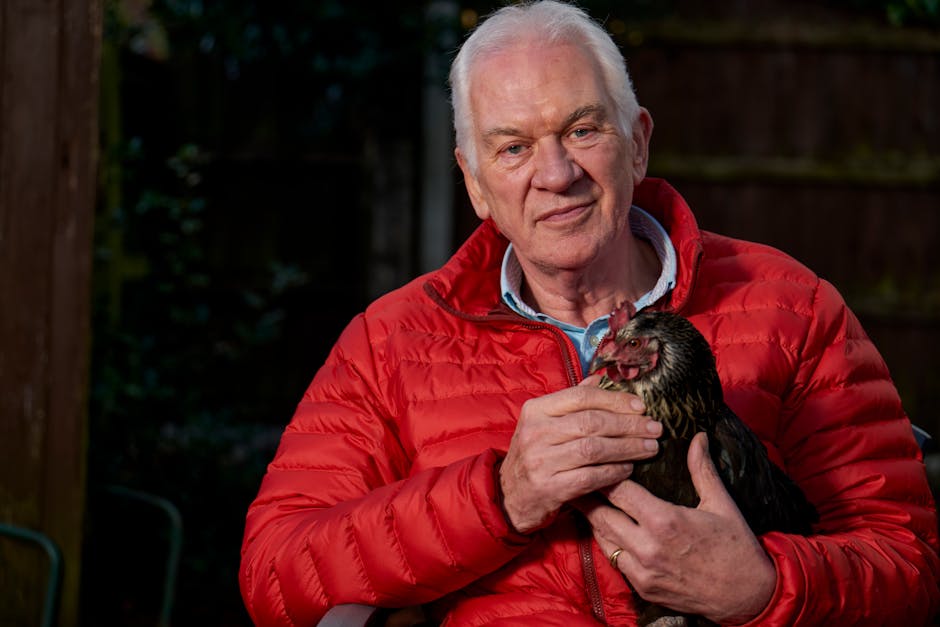A significant shift occurs in a pet’s life as they age. This transformation often necessitates adjustments in diet, exercise, and overall lifestyle to ensure their comfort and health. Just as humans experience age-related changes, our animal friends do too. Recognizing these changes and responding appropriately is crucial for their continued well-being.
Physical Needs: A Focus on Function
Senior pets frequently experience declines in mobility and physical function. Arthritis, a common ailment in older animals, can cause stiffness, pain, and reduced range of motion. Joint supplements or pain medications, often prescribed by veterinarians, can effectively alleviate discomfort. Regular veterinary check-ups are vital for early detection of issues and proactive management.
A key aspect of senior pet care revolves around appropriate exercise. While enthusiastic play may no longer be feasible for all, gentle activities like short walks, controlled playtime with toys, and supervised indoor activities can maintain muscle tone and promote healthy joint function. Tailoring exercise to an individual pet’s capabilities is essential.
Dietary requirements shift as well. Metabolism slows with age, often leading to weight gain. A senior pet’s diet should be modified to reduce caloric intake while ensuring adequate nutrition for energy levels and maintaining their ideal body weight. Specialized senior pet foods offer the necessary nutrients in a balanced way. Dietary adjustments can be crucial in managing conditions like diabetes or kidney disease, which become more prevalent in older animals. Consultation with a veterinarian is indispensable in creating an appropriate dietary plan.
Senior pets may also encounter vision or hearing loss. Modifications to their environment might be necessary. Clear pathways, easily accessible food and water bowls, and calming environments can mitigate potential risks associated with diminished sensory perception.
Mental Needs: Maintaining Engagement
Mental stimulation is just as crucial as physical exercise. Senior pets, like their human counterparts, can experience cognitive decline. Boredom or lack of stimulation can exacerbate these issues. Interactive toys, puzzle feeders, and mentally engaging activities can help keep their minds active and prevent the onset of senior dog syndrome or similar conditions.
Creating a predictable routine can be incredibly beneficial. Consistency fosters comfort and security, key factors for maintaining a pet’s mental well-being. Engage in activities they enjoy, even if it’s just a gentle pet massage or a warm lap.
Emotional Needs: Providing Comfort and Affection
Aging pets can become more susceptible to anxieties and fear. Consistent love, affection, and routines can be very important to address these concerns. A serene environment and a comforting presence during their daily interactions are beneficial. Senior pets may also need increased support and reassurance, especially when facing new situations or medical procedures.
Recognize changes in behaviour. A previously energetic pet exhibiting lethargy or withdrawal might signal underlying medical concerns. Monitoring any behaviour changes is essential. Senior pets deserve the same level of care, patience, and understanding as they deserve.
Veterinary Care and Support
Veterinary check-ups become even more critical as pets age. Regular blood tests and physical examinations allow for early detection of health problems. Prevention is crucial in managing age-related issues.
Consult with a veterinarian about appropriate supplements and medications. Senior pet care is highly specialized. Their professional advice will guide you through the unique needs of your aging companion.
Beyond the Basics: Additional Considerations
Consider the pet’s breed and any pre-existing conditions. Certain breeds are more prone to specific age-related issues. A tailored approach incorporating breed-specific needs is essential.
Provide a comfortable and safe environment. Ensure your senior pet has a comfortable, supportive bed, and ramps or steps for easy access to higher locations, if needed.
Consider pet insurance. This can offer financial support for unexpected medical expenses that accompany aging.
Ultimately, understanding the requirements of a senior pet extends beyond the physical. It encompasses a deep appreciation for their emotional needs and the adjustments necessary for a peaceful and fulfilling existence.
By tailoring care to individual needs and implementing preventative measures, pet owners can ensure their senior companions continue to thrive and live a long, happy life, filled with comfort and joy. Remember, embracing the journey of aging together is a testament to the unwavering bond between human and animal.
